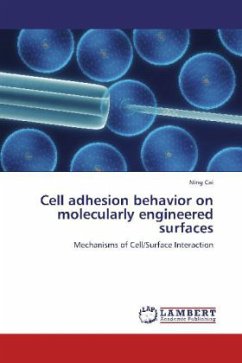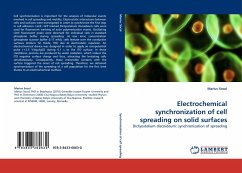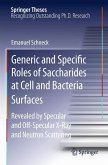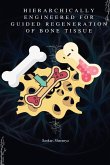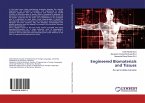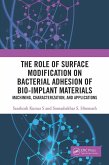Effective attachment of cells on biomaterials is one important requirement in designing engineered tissue substitute. Better understanding of biophysical responses of adherent cells is of great importance in optimizing biomaterial surface for tissue engineering applications. In this work, poly(lactic acid) (PLA) and carbon nanotubes (CNT), were surface-modified with extracellular matrix (ECM) proteins to improve their compatibility. The results of adhesion dynamics of porcine esophageal fibroblasts (PEFs) on ECM protein-immobilized PLA and CNT monolayer demonstrate the different biophysical responses of PEFs on unmodified and ECM protein-modified biomaterial surfaces. ECM protein immobilization effectively promotes adhesion of PEFs to biomaterials surfaces. In addition, it is found that functional blocking of 1 integrin impaires cell-fibronectin interactions. Adhesion strength is tightly correlated to focal adhesion density, which is explained by peeling and fracture models. Furthermore, Weibull distribution is proved to satisfactorily describe cell adhesion strength in adherent cell population.

